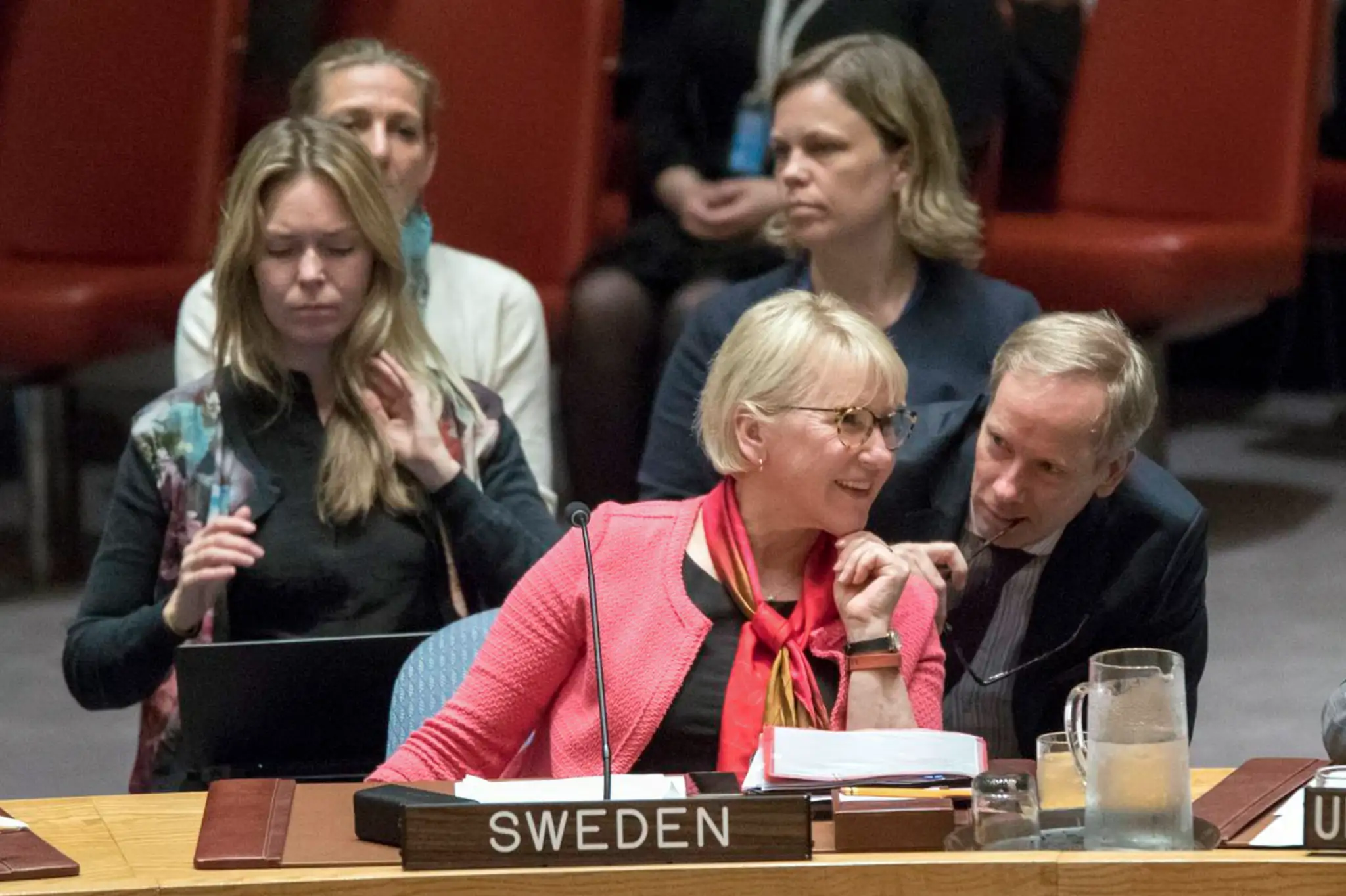In 2014, Sweden was the first country to announce a Feminist Foreign Policy (FFP). However, in October 2022, the right-wing coalition won the elections in this Nordic country. Since then, what had been a mirror of several Feminist Action Plans, ceased to figure in the select group of notably feminist foreign actions.
After nine years of innovation in assuming a feminist paradigm in International Relations, in Latin America only Mexico has embarked on the attempt to change, at least in nomenclature, the paths it intends to follow in the international system. Mexico, a country where 7 out of 10 girls under the age of 15 were victims of gender violence in 2022, announced that it would integrate a feminist perspective in its foreign affairs, even if this generates much controversy. Nonetheless, European countries that have also declared the adoption of an FFP do not present a consistent trajectory with feminist perspectives, as is the case of France and Germany; and in North America, the case of Canada.
In this sense, the main challenge for an FFP at this time is to shed the idea that it is synonymous with gender equality policies and, above all, to stop being an apparent discursive strategy of governments. Thus, what must be questioned is whether, in fact, in the last nine years, any country has implemented a Feminist Foreign Policy beyond its terminology.
“The danger of a single story”
As the feminist writer Chimamanda Ngozi Adichie has rightly pointed out, we are accustomed to hearing only one version of events and assuming them as indisputable truths, especially if they are told by those in power. So, when a Nordic country with top rankings in gender equality announced a Feminist Foreign Policy Handbook, we assume this path not only as possible and necessary but also, often, as the only one.
In an attempt to call their policies feminist, states end up qualifying gender equality policies as feminist. They end up, to a certain extent, co-opting feminisms in a process of promoting actions that are historical and traditional in international relations. In this process, they do not question at all the structures of inequality between men and women, the unequal distribution of power, and the scarcity of debate on sexual and gender diversity, racism, and colonialism in the international system.
The intention here is not to deny the obvious positive effects of increasing the number of women in parliaments, consulates, embassies, and other positions of power in states and governments. Nevertheless, it is necessary to go further.
In Brazil, during the 2022 elections, there was much talk about the possibility of finally having a woman at the head of Itamaraty (as the Ministry of Foreign Affairs is called). This was not the case. The disappointment of the first moment gave way to hope with the announcement of Maria Laura da Rocha as Secretary General. It was not until 2023 that we had the first woman in a leadership position in our foreign affairs system. How to take the step towards an FFP? Perhaps, in this case, it is important to value the need for structural changes but also to (re)tell the story and the possibilities of the exercise of feminisms as paradigms of foreign relations.
The aim here is not to present “how to implement an FFP in 10 steps”, but to propose a reflection on the contributions that could and should be built from the experience of Latin America and, in particular, Brazil.
The historiography of the international feminist movement is narrated from the protagonism of the struggles in the United States and Europe. However, in Latin America, women were and are active in the struggles to occupy and maintain public spaces in their territories. The difference lies precisely in the way they fight. While trying to avoid extreme academicism, it is important to call on decolonial reflections for help in the sense that there has been and still is a process of epistemicide in the region. That is to say, a constant practice of erasing the contributions that are not produced in the central countries, or by the elites. In this way, what we used to understand as sufficient for the implementation of an FFP once again ends up being a (re)production of gender equality processes constituted from specific contexts and, often, with little resemblance to our own.
Brazil’s governmental structure is the result of a long process of colonization and internal colonialism, in which experienced white men (in the sense of more time lived) define the paths to follow. This is not to imply that it is different in Europe, but at a given moment, it was perceived that a small dose of social rights could contribute to the current power project. This has not happened here because social rights do not favor domination.
So, even if Brazil has elected a government that is, to some extent, progressive, the country remains constrained in the structures of the only story we know and (re)tell about gender equality. The last four years have not only been one of backward but also of expansion, ascension, and liberation of Brazilian colonial conservatism. This means that even to advance gender equality policies, the structures are more complex and more resistant. To imagine a Feminist Foreign Policy at this point may be utopian, especially if one thinks in terms of European trends.
Brazil’s contribution, in the first place, should be the development of an FFP that really reviews the structure of its colonial past and present. How to approach a feminist policy in a predominantly white, male, and heterosexual Ministry of Foreign Affairs? How to integrate women in leadership positions in consulates and embassies, when the vision of society, often, is the result of the very process of construction of the Brazilian elite imported from Europe?
When in a presidential debate, current President Luiz Inácio Lula da Silva stated that he would not choose his ministers by race and gender, but by capacity, he revealed what we need to review before implementing an FFP in Brazil: our roots. Until we assume, or can assume, that it is not about capacity, but about representativeness, inclusion and diversity, structures will not be challenged, and It will be very difficult to have a Feminist Foreign Policy beyond speeches.
*Translated from Portuguese by Janaína Ruviaro da Silva













